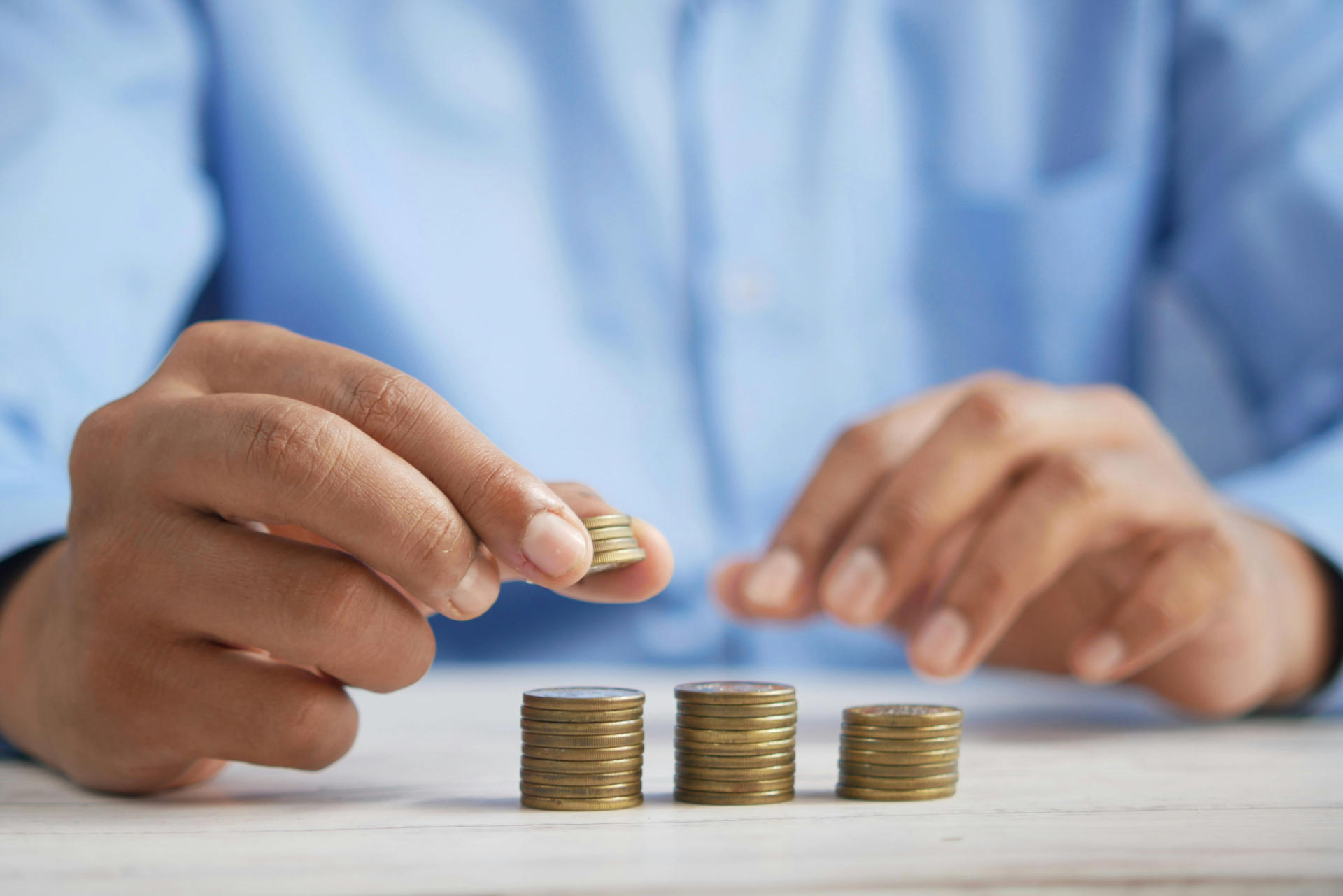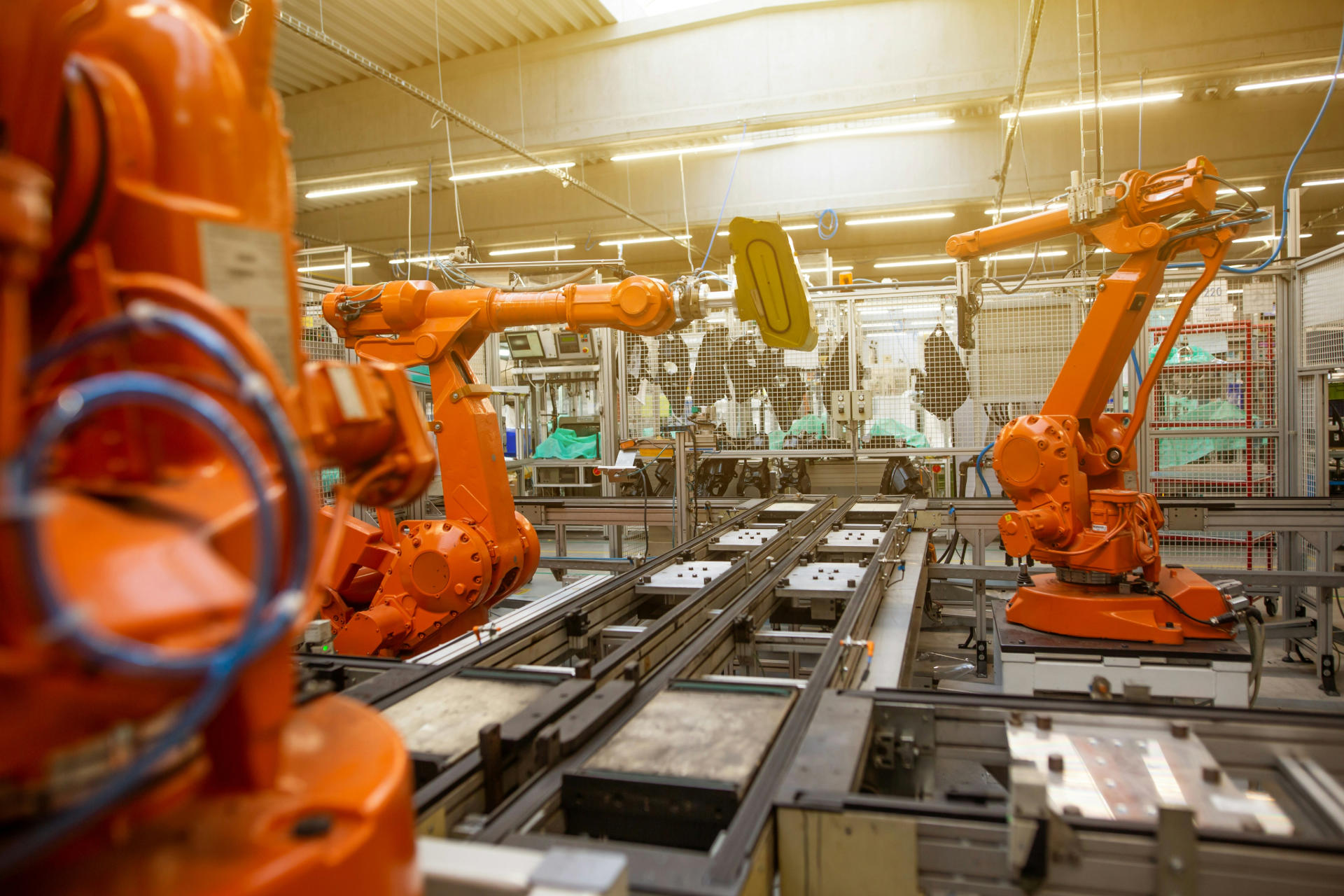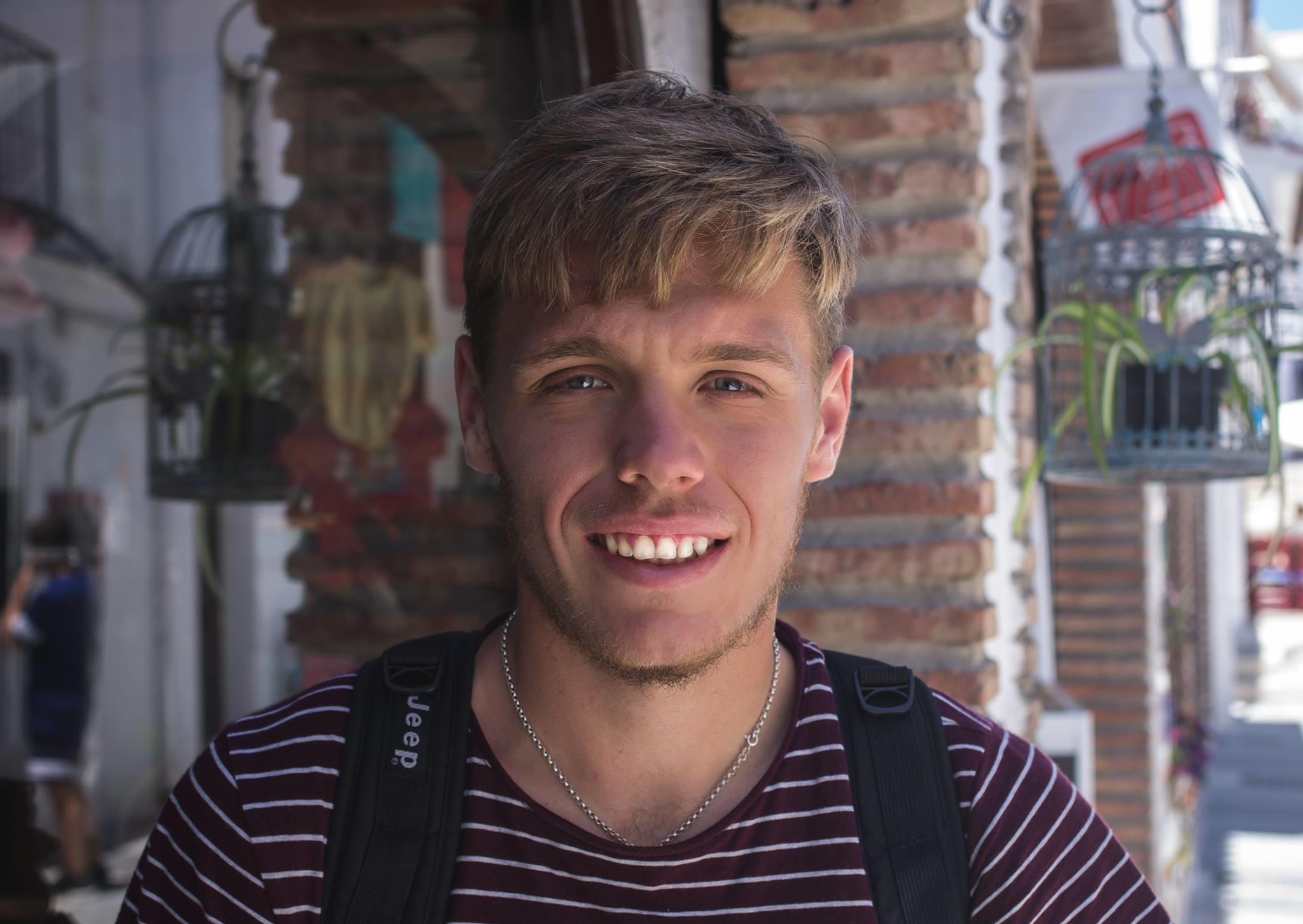Chapters
Have you ever wondered about what actually makes the economy tick? It's not quite as simple as just money changing hands. In fact, it's a fascinating and highly complex system that involves buyers, businesses and the steady guiding hand of the government. Confused? Don't worry, in the proceeding article we'll explain everything you need to know about this topic in a way that is easy to understand and remember. Keep reading below!

What's the Difference Between Needs and Wants?
Explained in extremely simple terms, “needs” are things that we need to survive and thrive - think food, water, shelter, and medicine. Without access to these, we’d find it much harder to function and could even potentially die.
On the other hand, “wants” are things that we desire (like the latest smartphone, video game console or a fancy meal) and are not actually necessary for our survival at all.
However, confusingly, the line between needs and wants can sometimes blur and change over time or depending on the situation of the person or group.
For example, a century ago having a phone was seen as a luxury reserved mostly for the rich or influential. But in the modern day, they have become a necessity for most - being used for everything from keeping in touch with work, making payments, and staying connected with loved ones.
Similarly, while a winter coat might be considered a want in a warmer tropical region of our planet, it would be a need for someone trying to avoid freezing to death in a colder region.
Who Are the Main Economic Groups?
Now that you understand the difference between needs and wants, let's explore the three main players involved in economic activity and how they differ - consumers, producers, and the government.
First on the list is consumers. In general terms, a consumer is anyone who purchases goods and services to satisfy either their needs or wants. That means that every time you buy a new book or subscribe to a streaming service, you’re actually acting as a consumer yourself.
Next up on the list are the producers. Making up the backbone of the economy, producers are basically the innovators and problem solvers who turn raw materials and ideas into the products that consumers constantly want to get their hands on. Made up from businesses both large scale and small, producers have to be skilled at making important decisions about what to produce and how to produce it efficiently.
Finally, we have the government. While it may not be the first thing that comes to mind when you think of economic activity, the government plays one of the most vital roles in shaping the economic landscape as a whole, which we will explore later in the article.

How Do These Groups Interact?
So, how do consumers, producers, and the government work together to keep the economy going?
Firstly, the process begins with consumers, who by buying products and services, send a clear indication of what they want or need. All in all, this is a powerful form of communication in the economy - in a way, every pound spent is essentially a vote for what should be produced.
Eager to make a profit, producers will closely monitor what’s going on in the market and respond to upticks in demand by manufacturing more of these items. For instance, if there is a trend of consumers buying electric cars, companies will quickly notice this and increase production in a bid to earn more money.
From here, producers then use this income to pay wages to their employees, who are also made up of consumers themselves. This back and forth process basically creates a circular flow of money throughout the economy, with each group playing a crucial role in keeping the cycle moving.
Although not directly involved in the day to day transactions of people, the government plays a highly crucial role in the interactions between consumers and producers as well. How? Well, by setting regulations and policies that can affect the costs of production and the prices that consumers like us pay.
For example, if the government decides to impose stricter environmental regulations on a particular industry, this could lead to much higher production costs for businesses in that sector - due to them needing to invest in new, cleaner technologies or processes. More often than not, these higher costs will affect consumer in the form of higher prices for the products they’re buying.
However, it isn’t all bad news for consumers. The government can also use its power to make goods more affordable as well by offering subsidies or tax breaks to specific industries. These measures can help lower production costs for businesses, allowing them to offer their products at more attractive prices for those on a tight budget.

How Does Economic Activity Benefit Society?
Generally, a strong economy creates a ripple effect of benefits for society as a whole. For example, one of the most important ways it does this is by creating new job opportunities for workers across the country. With the daily demand for goods and services, businesses are always in need of workers to help them behind the scenes.
Another beneficial knock-on effect of economic activity is the way in which it leads to new and exciting advancements in fields like technology, medicine, and transportation. In the race to beat their competitors, producers are constantly on a mission to innovate leading to development of new and improved products.
Last but not least, economic activity is essential for generating tax revenue too, which the government often uses to fund important public services around the UK. Regardless of whether the money comes from producers or customers, the government collects a portion of any transactions in the form of taxes. From here, this tax revenue is then used to pay for things like schools, hospitals, roads, and programs designed to help vulnerable people.
Conclusion
In conclusion, economic activity is a complex interplay between consumers, producers, and the government. As consumers, we play a vital role in shaping the economy by deciding which products and services we want to spend our money on while producers are always looking for new and better ways to meet our ever-growing demand.
Watching over this, the government's job is to create a stable environment where all of this can take place without issues. So next time you're out shopping, remember that you're not just buying something - you're contributing to the incredible system that keeps our world turning.
Review Questions:
Test your knowledge and understanding of these key economics concepts with the questions below:
Select one answer from the choices below.
What is the primary difference between needs and wants?
Please select a response.
Needs are essential for survival, such as food, water, and shelter, while wants are optional desires, like luxury items or entertainment choices.
Select one answer from the choices below.
Which economic group is responsible for turning raw materials and ideas into products?
Please select a response.
Producers are responsible for transforming raw materials and ideas into finished products that consumers purchase.
Select one answer from the choices below.
How do consumers influence economic activity?
Please select a response.
Consumers influence economic activity by driving demand for goods and services through their purchasing decisions.








